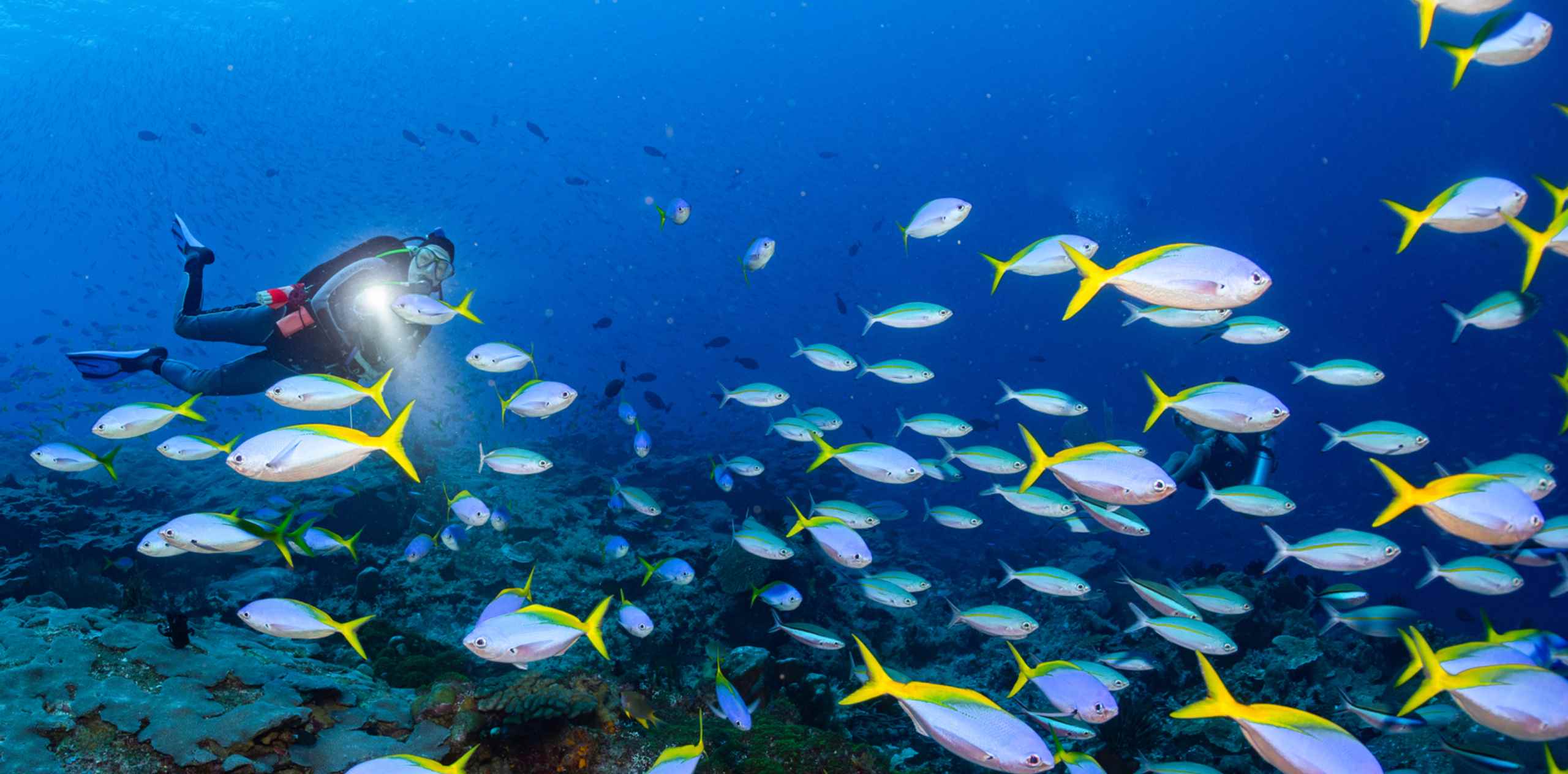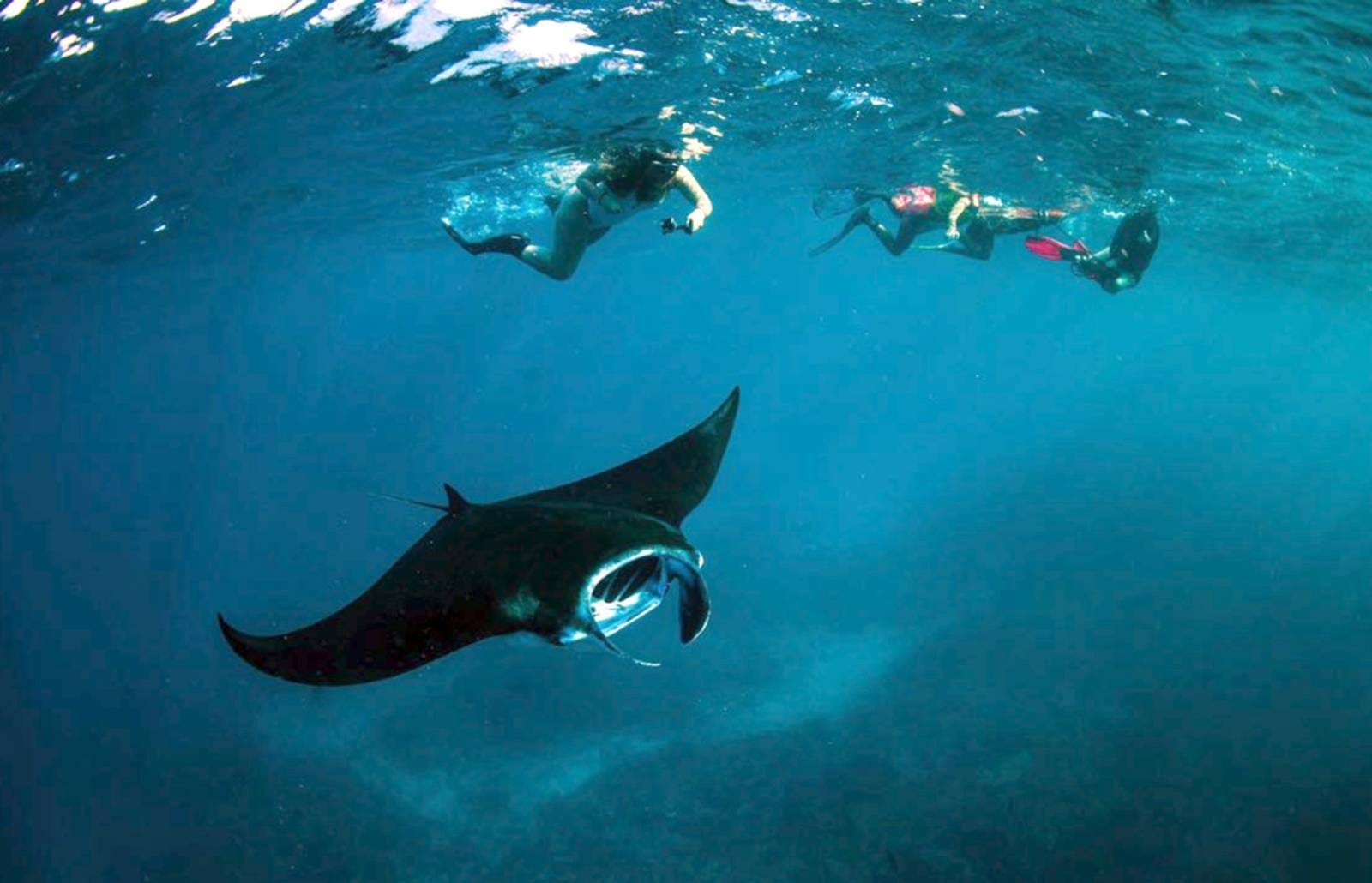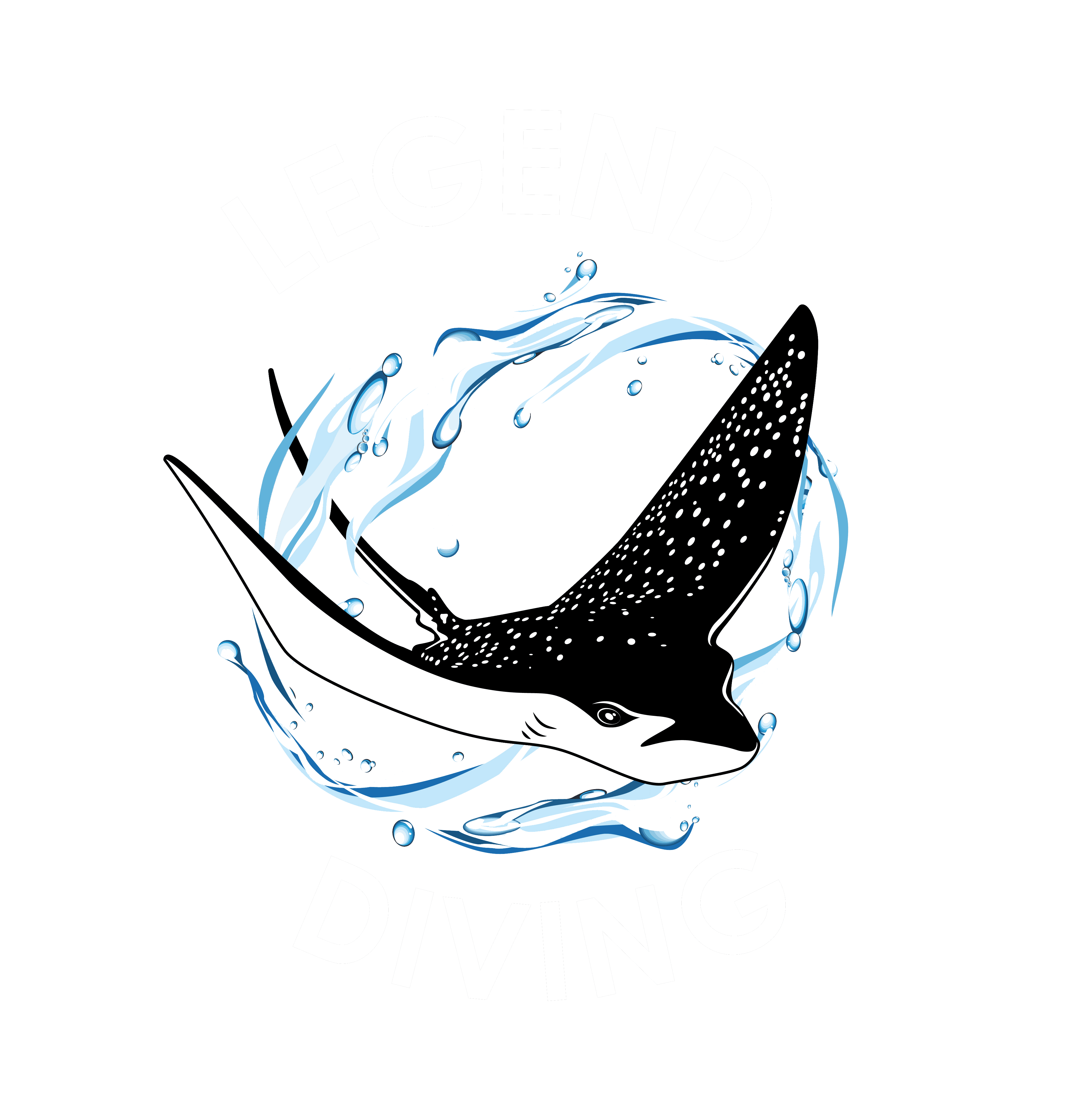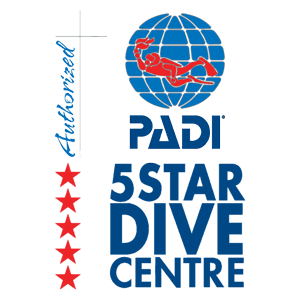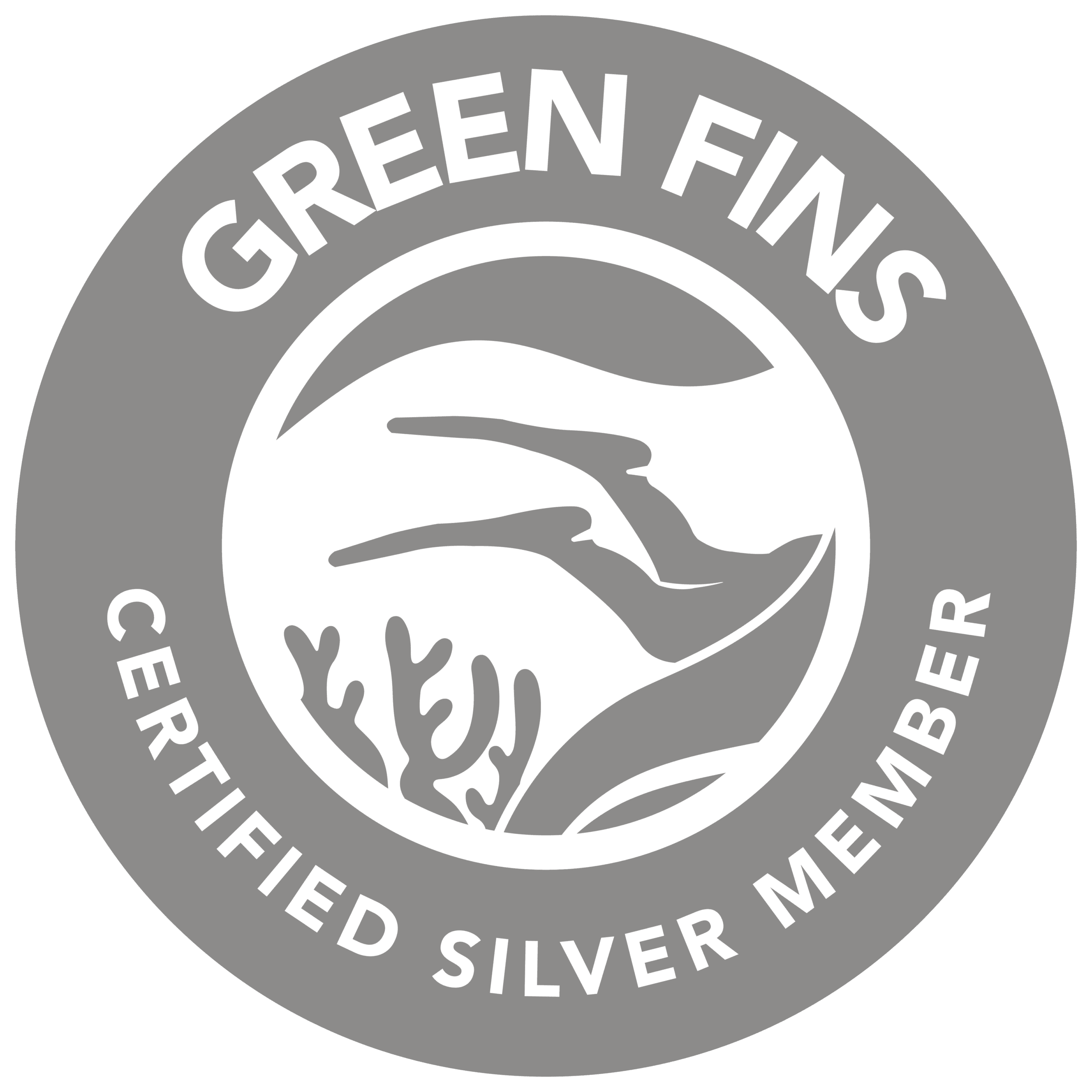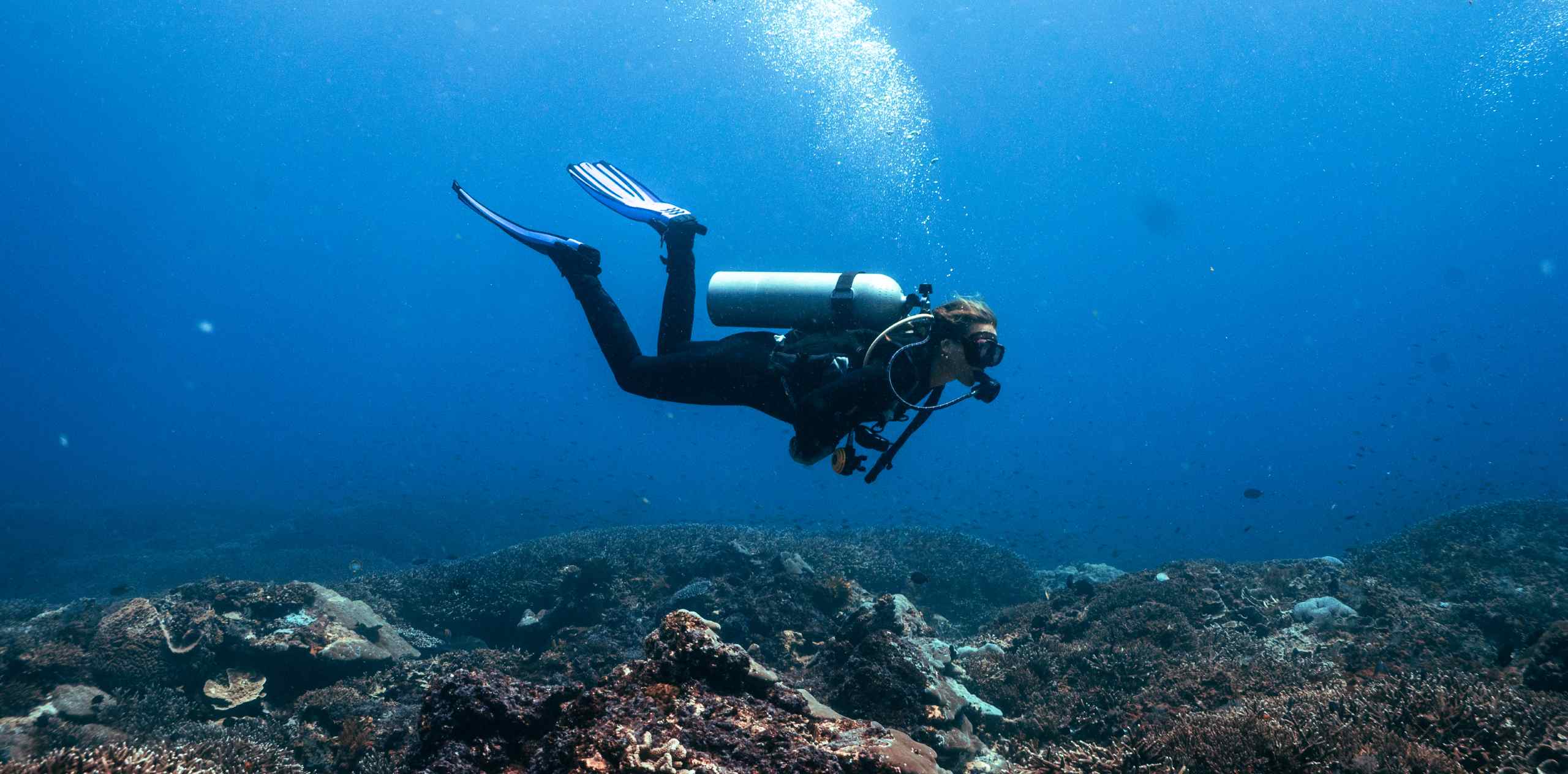
The Ultimate Guide to Freediving in Nusa Penida
Imagine a place where the ocean’s turquoise meets vibrant life beneath. For us, that place is Nusa Penida. It’s a 30-minute boat ride from Bali, known for its stunning freediving spots. Here, you’ll find breathtaking coral and a lively marine world, perfect for all divers.
Whether you’re new or experienced, Nusa Penida is a dream come true. We’re excited to guide you through this thrilling journey. Our guide covers everything from freediving tips to the best spots for diving. Let’s explore the wonders of Nusa Penida freediving together
What to Know Before You Dive
- Enthralling freediving sites like Crystal Bay and Manta Point are a must-visit.
- Comprehensive freediving courses are available for every skill level.
- Optimal diving conditions are typically from April to October during the dry season.
- Essential freediving tips will help you prepare and dive safely.
- The vibrant marine life and coral formations make Nusa Penida an unforgettable freediving destination.
What is Freediving
Freediving is an exciting and deep diving practice. Divers go underwater on just one breath. It shows our deep connection with the ocean, using natural ways to breathe.
Freediving Meaning
Freediving is simple and pure. It doesn’t use scuba gear like other diving does. Instead, it relies on holding your breath.
This method, called breath-hold diving, offers freedom and calm. By learning freediving principles, divers can feel at one with the ocean.
What is the no. 1 rule in freediving?
The most important rule is never to freedive alone. This rule highlights the importance of safety and community. Diving with a buddy adds protection and support.
It makes the dive safer and deepens the bond with the ocean. Always remember, following freediving basics and freediving principles ensures safe and fun dives.
How to Start Freediving
Starting your freediving journey in Nusa Penida is thrilling! To ensure a safe and successful start, follow these essential steps. Let’s explore the details:
Find a Reputable Dive Center
Finding a reputable dive center in Nusa Penida is key. Centers like Legend Diving are known for their safety and training. For beginners, Nusa Penida offers courses from basic to advanced. This course includes both theory and practical dives up to 20 meters. It’s a great way to learn and dive.
Choose Your Freediving Wetsuit
Choosing the right wetsuit is important for comfort and safety. Nusa Penida’s water conditions vary, so pick a wetsuit that’s the right thickness. A 3 mm wetsuit is a good choice for its warmth and flexibility. Make sure your wetsuit fits well. A good fit helps you dive better and keeps water out.
Prepare Your Freediving Equipment
Having the right freediving gear is essential for a great dive. Key items include:
- Mask: A low-volume mask saves air and offers a wide view.
- Fins: Long, flexible fins help you dive longer and move better.
- Weight Belt: A rubber belt helps you dive smoothly and stay buoyant.
Make sure your gear is in top shape and fits right. Ask your dive center in Nusa Penida for advice. They can help you choose the best gear for your needs.
Freediving Breathing Techniques
Learning to breathe right is key for freediving success. We aim to take in more oxygen and less carbon dioxide. Using diaphragm breathing is a top method. It lets us breathe deeper, which means we can stay underwater longer. Before we dive, we need to get our breathing right. A good breathe-up involves slow, deep breaths. Freedive breathing in 4 parts:
- Warm-Up
- Breathing for Relaxation
- The Breathe-Up
- Recovery Breathing
These calm our mind and body, getting us ready for the dive. This way, we can handle the challenges of holding our breath better.
How Much Weight for Freediving
Finding the right freediving weights is key for safe and efficient underwater adventures in Nusa Penida. The right amount depends on your body size, wetsuit type, and dive conditions. Beginners should start with light weights and add more as they get more comfortable. The goal is to stay neutral at 10 to 15 meters. This makes your dive smooth and fun. Here’s a guide for choosing weights based on your wetsuit and body weight:
| Body Weight | Wetsuit Thickness | Recommended Weights |
|---|---|---|
| Up to 130 lbs | 3mm | 2-4 lbs |
| 130-160 lbs | 3mm | 4-6 lbs |
| 160-190 lbs | 3mm | 6-8 lbs |
| Over 190 lbs | 3mm | 8-10 lbs |
In Nusa Penida’s beautiful waters, a rubber weight belt is best. It moves with you, making dives more comfortable. Remember, adjusting your weights as you dive more is part of the learning process.
Freediving Safety Tips
Keeping safe while freediving is key, and we must always be ready to prevent accidents. The first step is using the buddy system. This is essential for all dives. It means having someone watch over you, ready to help in emergencies.
Here are some important safety tips:
- Rest for at least three times longer than your dive time after dives up to 40 meters.
- For dives deeper than 50 meters, do only one dive a day to avoid decompression sickness.
- Wait two hours for light snacks and three to four hours after full meals before diving.
- Try to stay neutral in the water at 10 to 15 meters. Check your buoyancy often with new gear or in different water.
- Drink water after each dive to avoid dehydration, which can cause blackouts and pressure issues.
- Plan warm-up dives with your buddy to stay safe.
Do recovery breathing right after surfacing to avoid samba or blackout. Never breathe out suddenly or improperly, as it’s risky. Always check how you’re feeling before diving. Always use a bright buoy, and stay close to it, to be seen by boats. Full exhalation techniques are risky, so use them carefully. Knowing and practicing emergency procedures is vital. Regular practice makes sure you and your buddy can handle emergencies well. Good planning and talking with your buddy also makes diving safer. Be careful of the environment too. Keep at least 2 meters from marine life to avoid stressing them. Also, follow local rules, like not feeding fish, to keep the ecosystem balanced. Safe freediving is about being ready, working together, and staying alert. A strong safety culture keeps you safe and makes diving more enjoyable.
Why Should You Freedive in Nusa Penida?
Nusa Penida’s waters are perfect for reasons to freedive here. The island’s beauty and Nusa Penida marine life make it great for all freedivers. We will get unique dive experiences, and well-structured trips and courses. It’s a great place for both new and experienced freedivers to have an unforgettable underwater adventure!
The island also provides a quieter experience compared to other dive spots, giving you the chance to enjoy a more peaceful connection with the ocean. Whether you’re new to freediving or an experienced diver, Nusa Penida offers an unforgettable underwater adventure.
Best Freediving Sites in Nusa Penida
Nusa Penida is a paradise for freediving spots. It attracts both new and experienced divers. Each spot offers something special, from clear waters to a variety of marine life. Let’s explore Crystal Bay, Manta Point, Gamat Bay, and Toyapakeh, the top spots for diving in Nusa Penida.
Crystal Bay
Crystal Bay is known for its clear waters and vibrant coral reefs. It’s perfect for freediving and snorkeling. During the Mola Mola season, you might see these rare ocean sunfish at 15-20 meters deep. But, be careful of strong currents.
Manta Point
Manta Point is the place to see Manta rays. The water is warm all year, making it comfortable for diving. You’ll also see blue spotted rays and octopuses, and bamboo sharks are a common sight. It’s about an hour from most freediving schools and offers unforgettable dives.
Gamat Bay
Gamat Bay is a hidden treasure. It has a thriving reef wall with lots of marine life, including turtles and coral bommies. The colorful underwater world is exciting for all divers. The currents vary, making it great for divers of all levels.
Toyapakeh
Toyapakeh is famous for its colorful coral reefs and diverse marine life. Depths range from 5m to 20m, perfect for spotting reef sharks and parrotfish. The clear waters and rich biodiversity make every dive an adventure, making it a top spot in Nusa Penida.
Best Time to Freedive in Nusa Penida
Knowing the freediving seasons and Nusa Penida weather can make your dive better. The dry season, from April to October, is best. You’ll find fewer rains, calmer seas, and clear water. The high season is July to September. You’ll find the best conditions but more tourists and higher prices. The low season, December to February, has fewer people and lower prices, but some rain. Yet, the diving visibility stays great all year. The waters around Nusa Penida are warm all year, between 26–29°C (78.8–84.2°F). This means you don’t need thick wetsuits, making diving easier. The area’s nutrient-rich currents make the water crystal clear. In the dry months, you’ll see amazing marine life like manta rays and ocean sunfish.
Can You Get The Bends Freediving?
When it comes to freediving, one big worry is decompression sickness, or “the bends.” This is more common in scuba diving but can happen in freediving too. It happens when you go up too fast and nitrogen bubbles form in your blood. This can cause pain, dizziness, and even make you lose consciousness.
Knowing how to dive safely is key to avoiding decompression sickness. Freediving emergencies often come from not knowing your breath-hold limits or managing buoyancy. But, safety is always important. That’s why small groups and personal coaching are used in freediving courses. This way, each diver gets more attention, making the learning safer and more effective.
Even though freediving is safer than scuba diving, ignoring safe ascent rules can be dangerous. By following the right techniques and guidelines, you can avoid many health risks. This makes freediving safer and more enjoyable.
Is Freediving Bad for Your Brain?
Is freediving bad for your brain? This is a big worry in the diving world, mainly about oxygen deprivation dangers. Freediving has a long history, but many people don’t understand its safety. For over 3000 years, Japanese Ama has safely collected seaweeds, pearls, and shellfish.
Research shows freediving might have good freediving health effects. The deep focus and breathing needed for freediving can lower stress and anxiety. Divers feel more relaxed and aware of their bodies, leading to a healthier life.
Oxygen deprivation might seem scary, but the mammalian dive reflex helps. It moves oxygen to important organs like the brain and heart. This reflex also releases red blood cells to better use oxygen. Plus, regular diving makes blood vessels more flexible, boosting heart health.
The mental benefits of freediving are also strong. Divers often feel less stressed and anxious. This is because dives require deep focus, which can improve mental health over time. Regular freediving strengthens both the body and brain, promoting overall wellness.
In short, freediving’s impact on brain health is positive. Studies and personal stories show freediving can be good for both body and mind, when done right.
Time to Freediving in Nusa Penida
It’s time to start your freediving adventure in Nusa Penida. Whether you’re new to freediving or have lots of experience, this island is perfect. It has an amazing landscape for your journey.
Nusa Penida is easy to get to, just a 30-minute boat ride from Sanur Beach. Places like Crystal Bay and Manta Point are breathtaking. You can see manta rays up close. Freediving here lets you connect with nature in a special way. So, get ready, pack your gear, and dive into this adventure. Let Nusa Penida’s beauty enchant you.
Need Help?
What is freediving?
Freediving is diving without scuba gear. You hold your breath until you come up. It lets you see the underwater world in a special way.
What is the number one rule in freediving?
Always dive with a buddy. They can help if you need it. It keeps you safe and supported.
What are some safety tips for freediving?
Always dive with a buddy and breathe right. Know what to do in emergencies. Listen to your body to stay safe.
Why should I freedive in Nusa Penida?
Nusa Penida has beautiful dives and marine life. Places like Crystal Bay and Manta Point are unforgettable. It’s a top spot for freedivers.
Where are the best freediving sites in Nusa Penida?
Crystal Bay, Manta Point, Gamat Bay, and Toyapakeh are the best. They have amazing views and marine life.
When is the best time to freedive in Nusa Penida?
Freedive from April to October for the best weather. The clear water and calm seas make for great dives.
Can you get the bends from freediving?
Getting the bends from freediving is rare. It happens with deep dives and fast ascents. Safe diving practices reduce this risk.
Is freediving bad for your brain?
Freediving is safe for your brain if done right. But, holding your breath too long can be risky. Always dive safely and follow the rules.
How can I begin my freediving journey in Nusa Penida?
Start by joining a course at a certified dive center. Get the right gear and practice. Nusa Penida’s underwater world is waiting for you!
The Ultimate Guide to Freediving in Nusa Penida
Imagine a place where the ocean’s turquoise meets vibrant life beneath. For us, that place is Nusa Penida. It’s a 30-minute boat ride from Bali, known for its stunning freediving spots. Here, you’ll find breathtaking coral and a lively marine world, perfect for all divers.
Whether you’re new or experienced, Nusa Penida is a dream come true. We’re excited to guide you through this thrilling journey. Our guide covers everything from freediving tips to the best spots for diving. Let’s explore the wonders of Nusa Penida freediving together
What to Know Before You Dive
- Enthralling freediving sites like Crystal Bay and Manta Point are a must-visit.
- Comprehensive freediving courses are available for every skill level.
- Optimal diving conditions are typically from April to October during the dry season.
- Essential freediving tips will help you prepare and dive safely.
- The vibrant marine life and coral formations make Nusa Penida an unforgettable freediving destination.
What is Freediving
Freediving is an exciting and deep diving practice. Divers go underwater on just one breath. It shows our deep connection with the ocean, using natural ways to breathe.
Freediving Meaning
Freediving is simple and pure. It doesn’t use scuba gear like other diving does. Instead, it relies on holding your breath.
This method, called breath-hold diving, offers freedom and calm. By learning freediving principles, divers can feel at one with the ocean.
What is the no. 1 rule in freediving?
The most important rule is never to freedive alone. This rule highlights the importance of safety and community. Diving with a buddy adds protection and support.
It makes the dive safer and deepens the bond with the ocean. Always remember, following freediving basics and freediving principles ensures safe and fun dives.
How to Start Freediving
Starting your freediving journey in Nusa Penida is thrilling! To ensure a safe and successful start, follow these essential steps. Let’s explore the details:
Find a Reputable Dive Center
Finding a reputable dive center in Nusa Penida is key. Centers like Legend Diving are known for their safety and training. For beginners, Nusa Penida offers courses from basic to advanced. This course includes both theory and practical dives up to 20 meters. It’s a great way to learn and dive.
Choose Your Freediving Wetsuit
Choosing the right wetsuit is important for comfort and safety. Nusa Penida’s water conditions vary, so pick a wetsuit that’s the right thickness. A 3 mm wetsuit is a good choice for its warmth and flexibility. Make sure your wetsuit fits well. A good fit helps you dive better and keeps water out.
Prepare Your Freediving Equipment
Having the right freediving gear is essential for a great dive. Key items include:
- Mask: A low-volume mask saves air and offers a wide view.
- Fins: Long, flexible fins help you dive longer and move better.
- Weight Belt: A rubber belt helps you dive smoothly and stay buoyant.
Make sure your gear is in top shape and fits right. Ask your dive center in Nusa Penida for advice. They can help you choose the best gear for your needs.
Freediving Breathing Techniques
Learning to breathe right is key for freediving success. We aim to take in more oxygen and less carbon dioxide. Using diaphragm breathing is a top method. It lets us breathe deeper, which means we can stay underwater longer. Before we dive, we need to get our breathing right. A good breathe-up involves slow, deep breaths. Freedive breathing in 4 parts:
- Warm-Up
- Breathing for Relaxation
- The Breathe-Up
- Recovery Breathing
These calm our mind and body, getting us ready for the dive. This way, we can handle the challenges of holding our breath better.
How Much Weight for Freediving
Finding the right freediving weights is key for safe and efficient underwater adventures in Nusa Penida. The right amount depends on your body size, wetsuit type, and dive conditions. Beginners should start with light weights and add more as they get more comfortable. The goal is to stay neutral at 10 to 15 meters. This makes your dive smooth and fun. Here’s a guide for choosing weights based on your wetsuit and body weight:
| Body Weight | Wetsuit Thickness | Recommended Weights |
|---|---|---|
| Up to 130 lbs | 3mm | 2-4 lbs |
| 130-160 lbs | 3mm | 4-6 lbs |
| 160-190 lbs | 3mm | 6-8 lbs |
| Over 190 lbs | 3mm | 8-10 lbs |
In Nusa Penida’s beautiful waters, a rubber weight belt is best. It moves with you, making dives more comfortable. Remember, adjusting your weights as you dive more is part of the learning process.
Freediving Safety Tips
Keeping safe while freediving is key, and we must always be ready to prevent accidents. The first step is using the buddy system. This is essential for all dives. It means having someone watch over you, ready to help in emergencies.
Here are some important safety tips:
- Rest for at least three times longer than your dive time after dives up to 40 meters.
- For dives deeper than 50 meters, do only one dive a day to avoid decompression sickness.
- Wait two hours for light snacks and three to four hours after full meals before diving.
- Try to stay neutral in the water at 10 to 15 meters. Check your buoyancy often with new gear or in different water.
- Drink water after each dive to avoid dehydration, which can cause blackouts and pressure issues.
- Plan warm-up dives with your buddy to stay safe.
Do recovery breathing right after surfacing to avoid samba or blackout. Never breathe out suddenly or improperly, as it’s risky. Always check how you’re feeling before diving. Always use a bright buoy, and stay close to it, to be seen by boats. Full exhalation techniques are risky, so use them carefully. Knowing and practicing emergency procedures is vital. Regular practice makes sure you and your buddy can handle emergencies well. Good planning and talking with your buddy also makes diving safer. Be careful of the environment too. Keep at least 2 meters from marine life to avoid stressing them. Also, follow local rules, like not feeding fish, to keep the ecosystem balanced. Safe freediving is about being ready, working together, and staying alert. A strong safety culture keeps you safe and makes diving more enjoyable.
Why Should You Freedive in Nusa Penida?
Nusa Penida’s waters are perfect for reasons to freedive here. The island’s beauty and Nusa Penida marine life make it great for all freedivers. We will get unique dive experiences, and well-structured trips and courses. It’s a great place for both new and experienced freedivers to have an unforgettable underwater adventure!
The island also provides a quieter experience compared to other dive spots, giving you the chance to enjoy a more peaceful connection with the ocean. Whether you’re new to freediving or an experienced diver, Nusa Penida offers an unforgettable underwater adventure.
Best Freediving Sites in Nusa Penida
Nusa Penida is a paradise for freediving spots. It attracts both new and experienced divers. Each spot offers something special, from clear waters to a variety of marine life. Let’s explore Crystal Bay, Manta Point, Gamat Bay, and Toyapakeh, the top spots for diving in Nusa Penida.
Crystal Bay
Crystal Bay is known for its clear waters and vibrant coral reefs. It’s perfect for freediving and snorkeling. During the Mola Mola season, you might see these rare ocean sunfish at 15-20 meters deep. But, be careful of strong currents.
Manta Point
Manta Point is the place to see Manta rays. The water is warm all year, making it comfortable for diving. You’ll also see blue spotted rays and octopuses, and bamboo sharks are a common sight. It’s about an hour from most freediving schools and offers unforgettable dives.
Gamat Bay
Gamat Bay is a hidden treasure. It has a thriving reef wall with lots of marine life, including turtles and coral bommies. The colorful underwater world is exciting for all divers. The currents vary, making it great for divers of all levels.
Toyapakeh
Toyapakeh is famous for its colorful coral reefs and diverse marine life. Depths range from 5m to 20m, perfect for spotting reef sharks and parrotfish. The clear waters and rich biodiversity make every dive an adventure, making it a top spot in Nusa Penida.
Best Time to Freedive in Nusa Penida
Knowing the freediving seasons and Nusa Penida weather can make your dive better. The dry season, from April to October, is best. You’ll find fewer rains, calmer seas, and clear water. The high season is July to September. You’ll find the best conditions but more tourists and higher prices. The low season, December to February, has fewer people and lower prices, but some rain. Yet, the diving visibility stays great all year. The waters around Nusa Penida are warm all year, between 26–29°C (78.8–84.2°F). This means you don’t need thick wetsuits, making diving easier. The area’s nutrient-rich currents make the water crystal clear. In the dry months, you’ll see amazing marine life like manta rays and ocean sunfish.
Can You Get The Bends Freediving?
When it comes to freediving, one big worry is decompression sickness, or “the bends.” This is more common in scuba diving but can happen in freediving too. It happens when you go up too fast and nitrogen bubbles form in your blood. This can cause pain, dizziness, and even make you lose consciousness.
Knowing how to dive safely is key to avoiding decompression sickness. Freediving emergencies often come from not knowing your breath-hold limits or managing buoyancy. But, safety is always important. That’s why small groups and personal coaching are used in freediving courses. This way, each diver gets more attention, making the learning safer and more effective.
Even though freediving is safer than scuba diving, ignoring safe ascent rules can be dangerous. By following the right techniques and guidelines, you can avoid many health risks. This makes freediving safer and more enjoyable.
Is Freediving Bad for Your Brain?
Is freediving bad for your brain? This is a big worry in the diving world, mainly about oxygen deprivation dangers. Freediving has a long history, but many people don’t understand its safety. For over 3000 years, Japanese Ama has safely collected seaweeds, pearls, and shellfish.
Research shows freediving might have good freediving health effects. The deep focus and breathing needed for freediving can lower stress and anxiety. Divers feel more relaxed and aware of their bodies, leading to a healthier life.
Oxygen deprivation might seem scary, but the mammalian dive reflex helps. It moves oxygen to important organs like the brain and heart. This reflex also releases red blood cells to better use oxygen. Plus, regular diving makes blood vessels more flexible, boosting heart health.
The mental benefits of freediving are also strong. Divers often feel less stressed and anxious. This is because dives require deep focus, which can improve mental health over time. Regular freediving strengthens both the body and brain, promoting overall wellness.
In short, freediving’s impact on brain health is positive. Studies and personal stories show freediving can be good for both body and mind, when done right.
Time to Freediving in Nusa Penida
It’s time to start your freediving adventure in Nusa Penida. Whether you’re new to freediving or have lots of experience, this island is perfect. It has an amazing landscape for your journey.
Nusa Penida is easy to get to, just a 30-minute boat ride from Sanur Beach. Places like Crystal Bay and Manta Point are breathtaking. You can see manta rays up close. Freediving here lets you connect with nature in a special way. So, get ready, pack your gear, and dive into this adventure. Let Nusa Penida’s beauty enchant you.
Need Help?
What is freediving?
Freediving is diving without scuba gear. You hold your breath until you come up. It lets you see the underwater world in a special way.
What is the number one rule in freediving?
Always dive with a buddy. They can help if you need it. It keeps you safe and supported.
What are some safety tips for freediving?
Always dive with a buddy and breathe right. Know what to do in emergencies. Listen to your body to stay safe.
Why should I freedive in Nusa Penida?
Nusa Penida has beautiful dives and marine life. Places like Crystal Bay and Manta Point are unforgettable. It’s a top spot for freedivers.
Where are the best freediving sites in Nusa Penida?
Crystal Bay, Manta Point, Gamat Bay, and Toyapakeh are the best. They have amazing views and marine life.
When is the best time to freedive in Nusa Penida?
Freedive from April to October for the best weather. The clear water and calm seas make for great dives.
Can you get the bends from freediving?
Getting the bends from freediving is rare. It happens with deep dives and fast ascents. Safe diving practices reduce this risk.
Is freediving bad for your brain?
Freediving is safe for your brain if done right. But, holding your breath too long can be risky. Always dive safely and follow the rules.
How can I begin my freediving journey in Nusa Penida?
Start by joining a course at a certified dive center. Get the right gear and practice. Nusa Penida’s underwater world is waiting for you!
Join our mailing list today
Join our community! Subscribe to our blog for fresh content delivered straight to your inbox
Be part of our community and stay updated with the latest insights! Subscribe to our blog for fresh news, tips, and insights delivered straight to your inbox. Join us on our journey and be the first to know about our updates, events, and special offers. Don't miss out!

